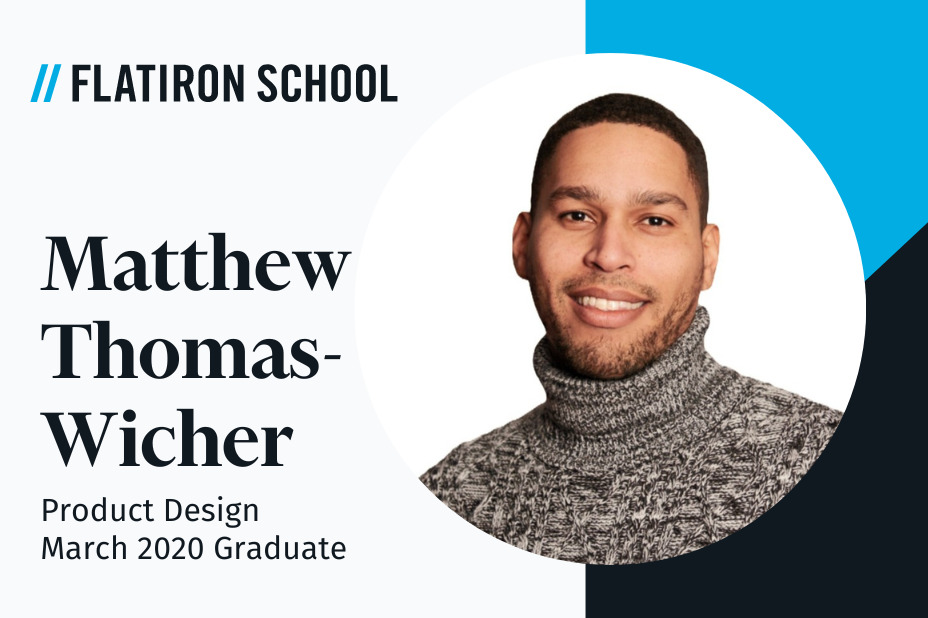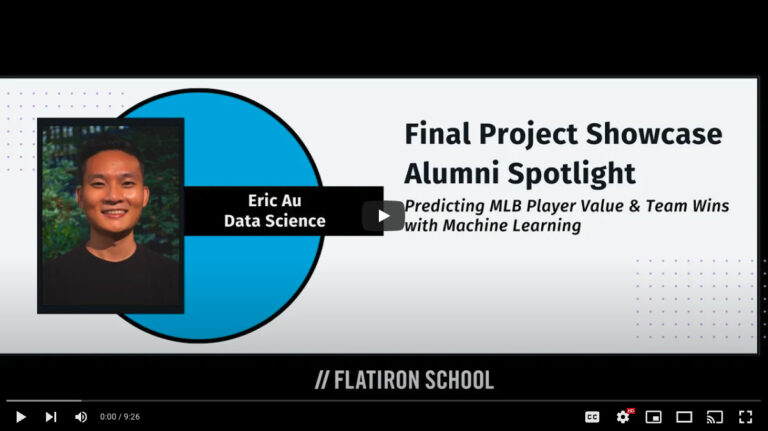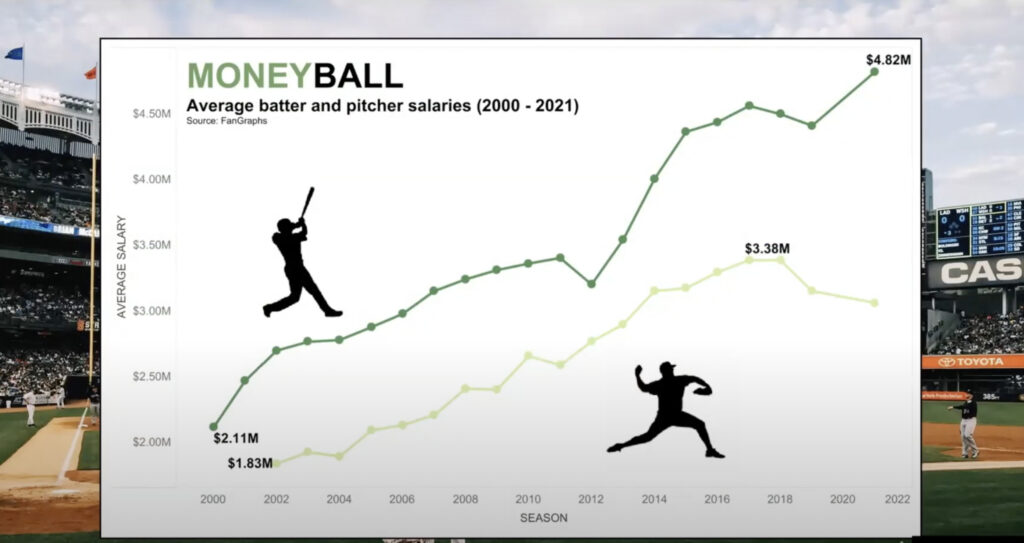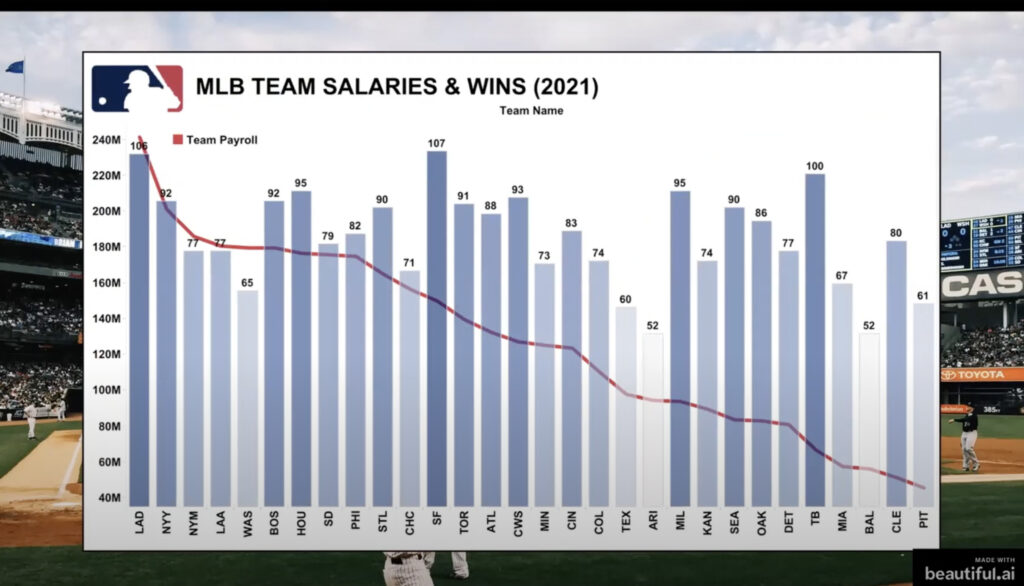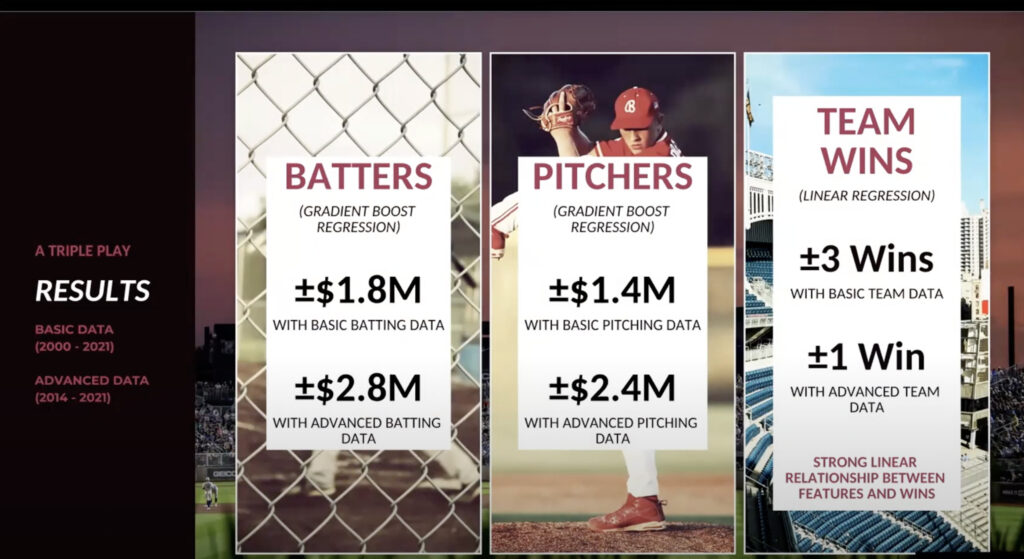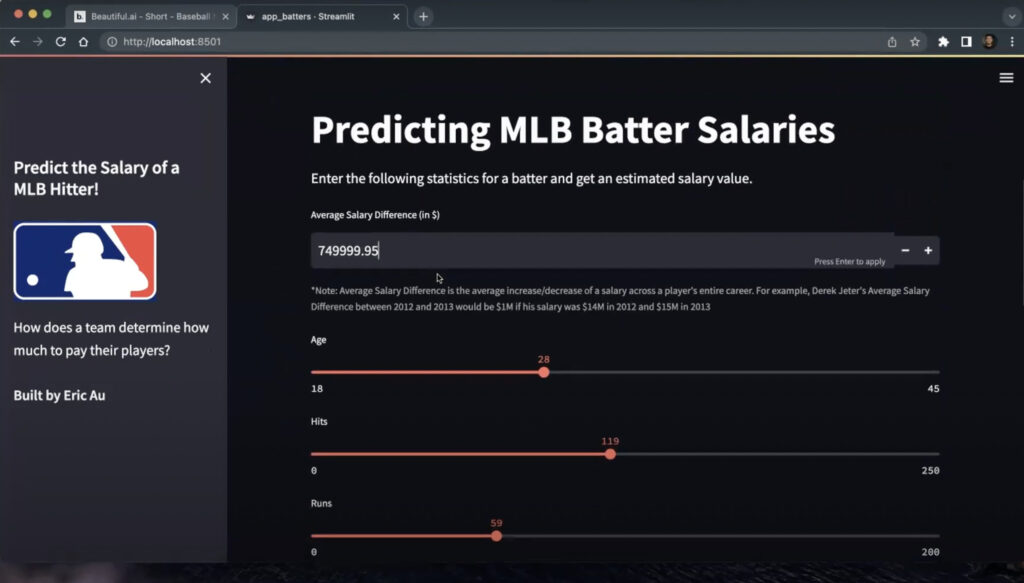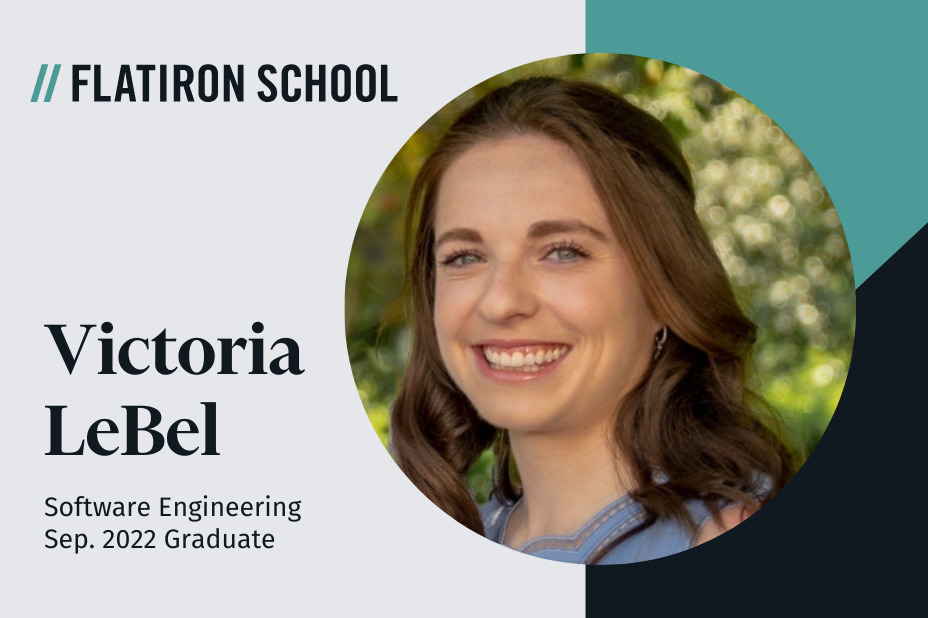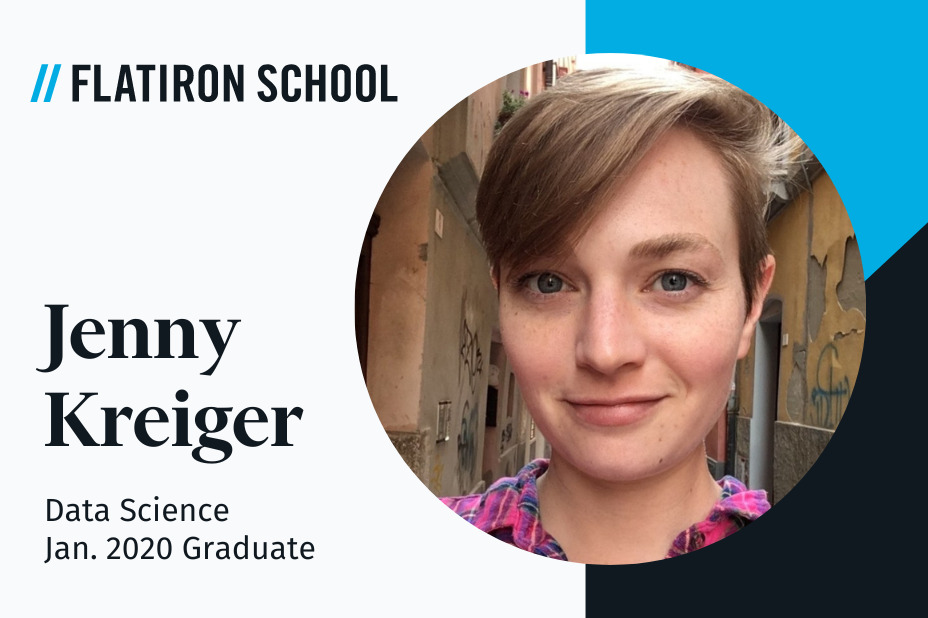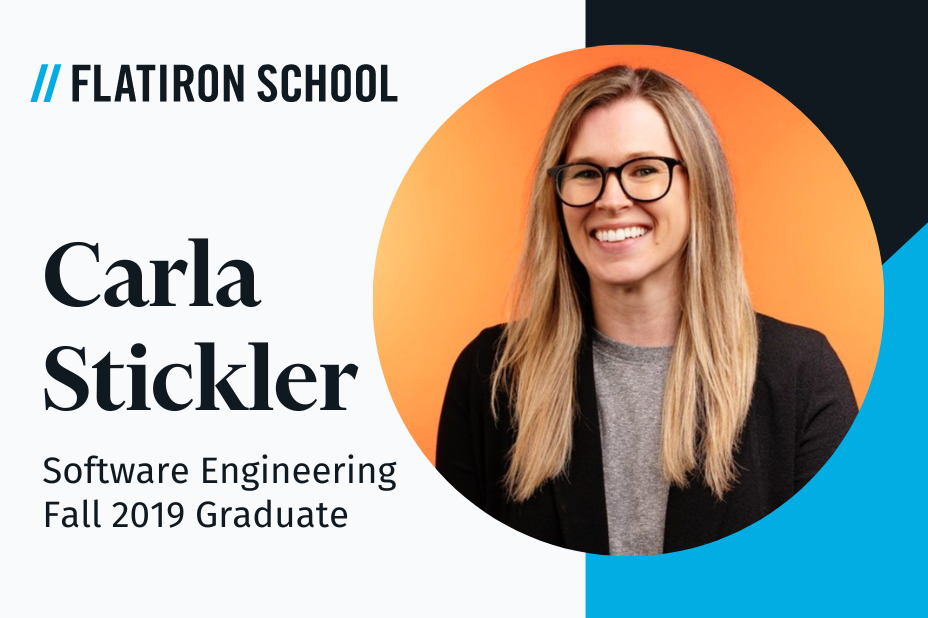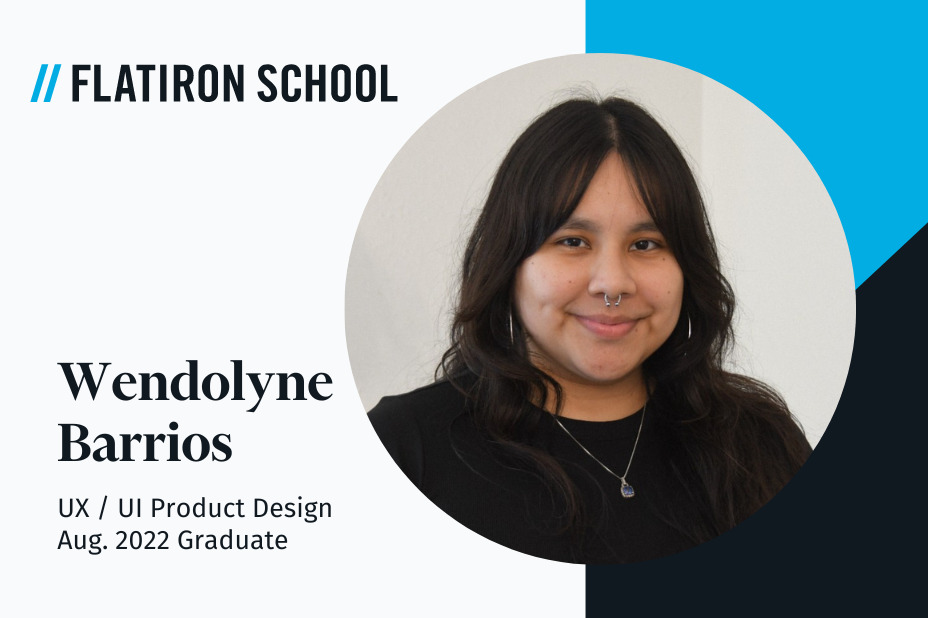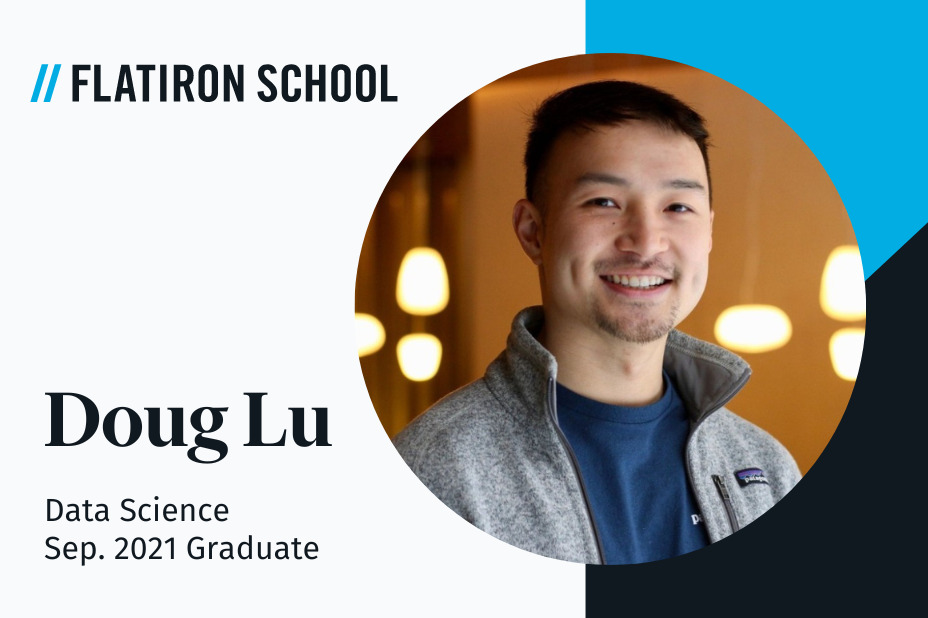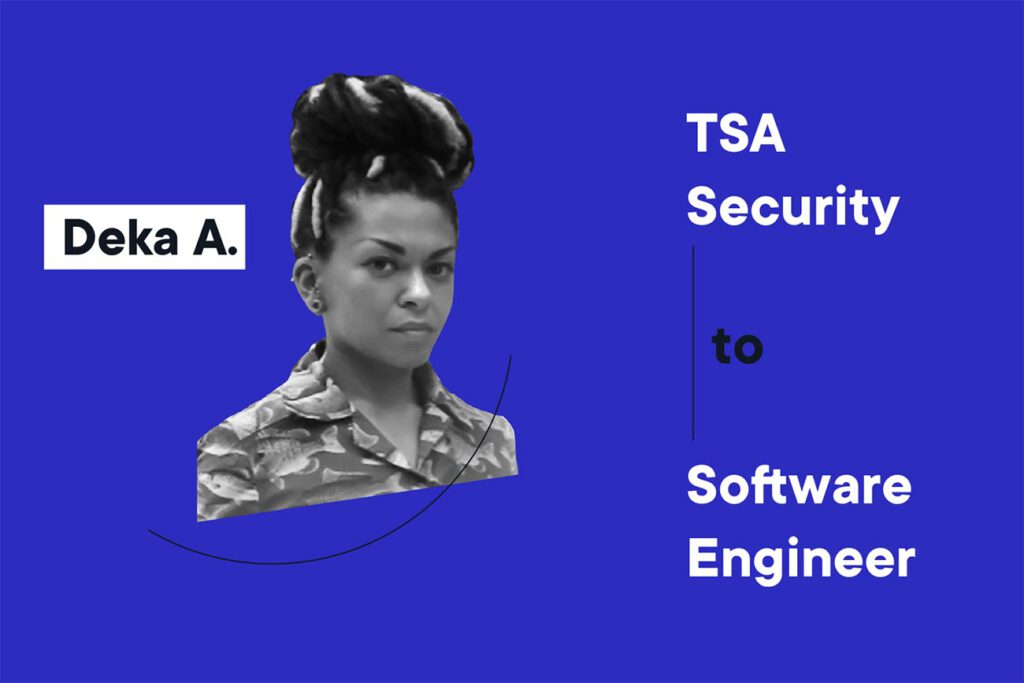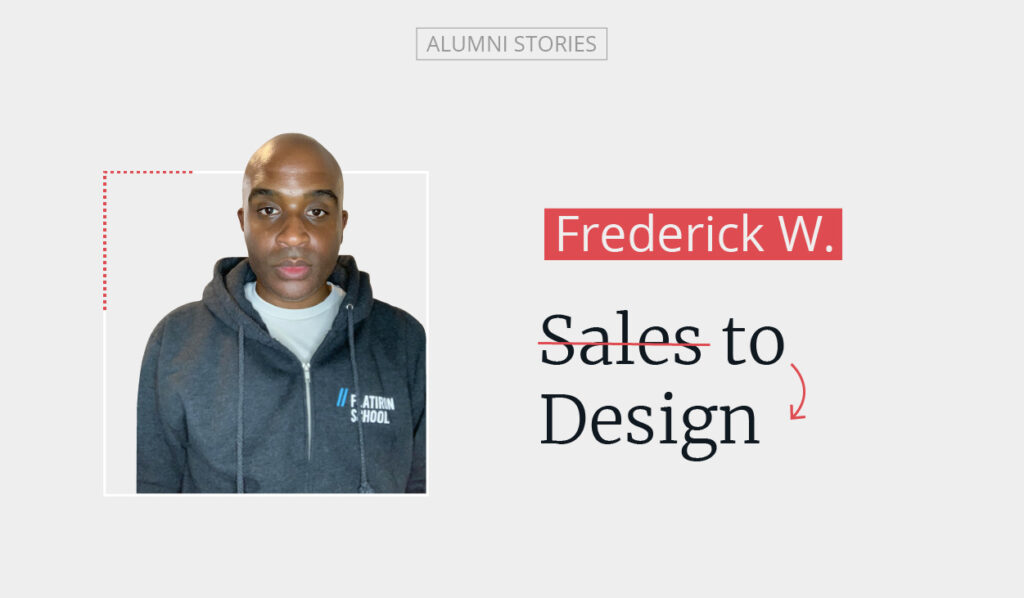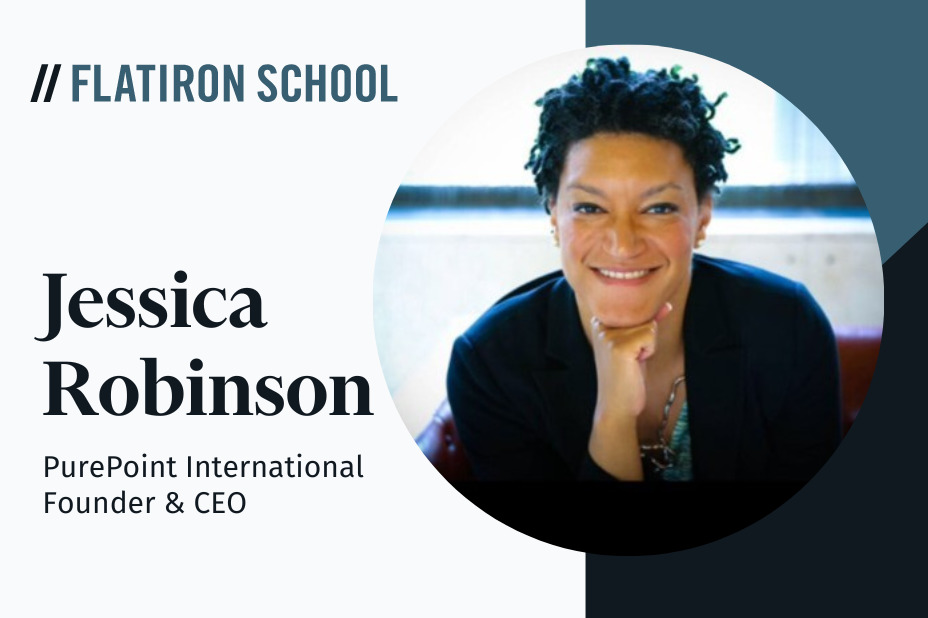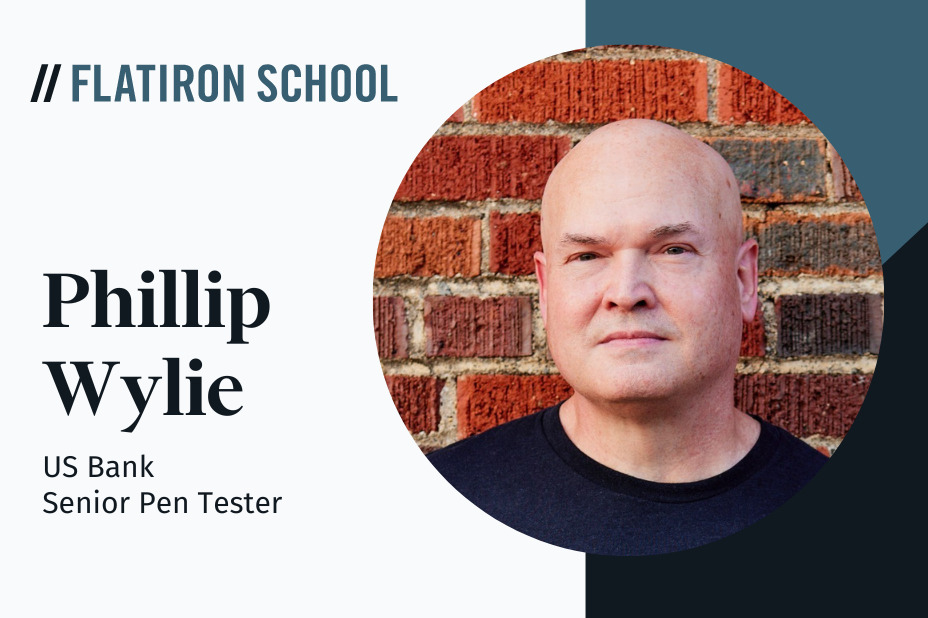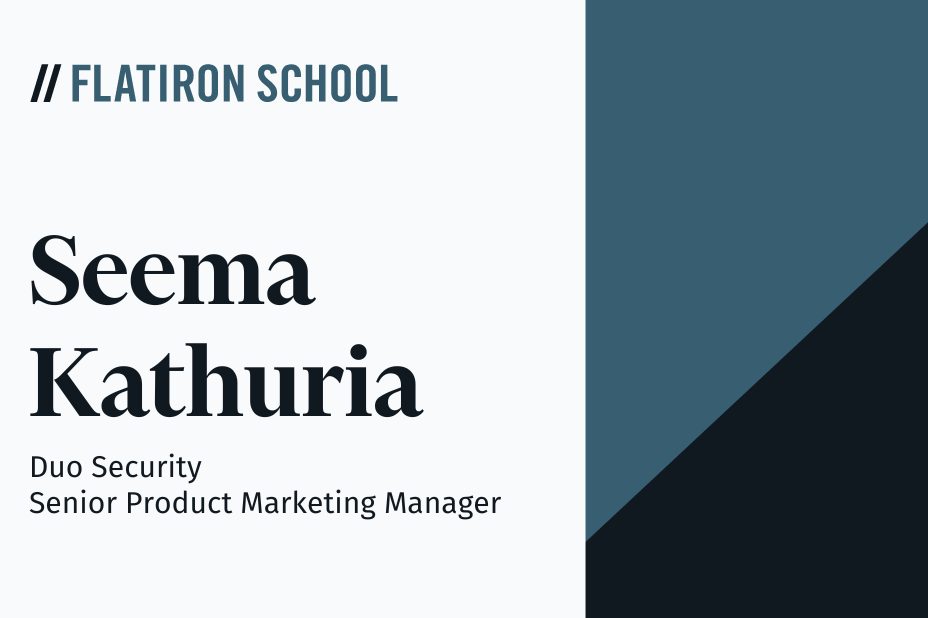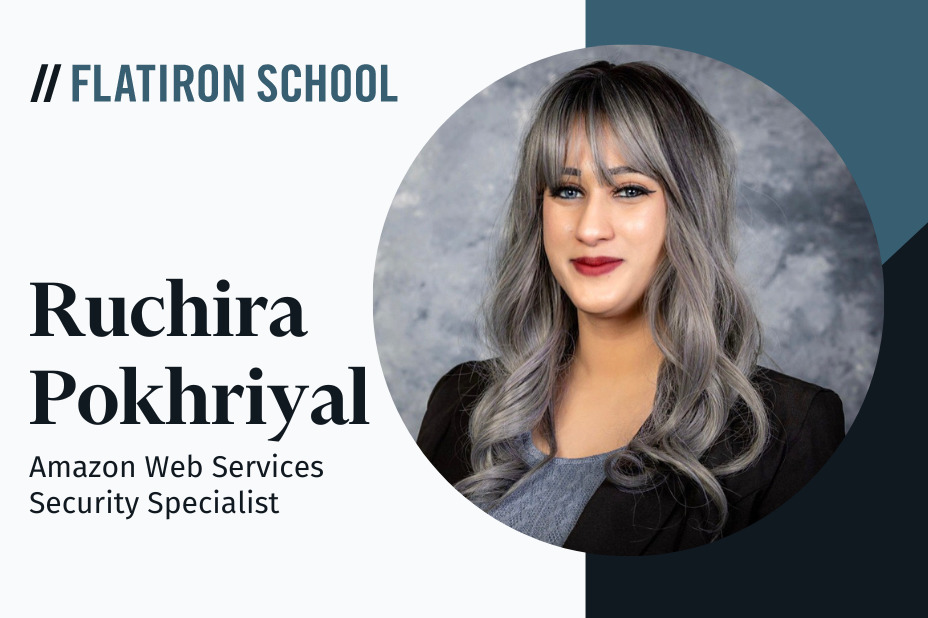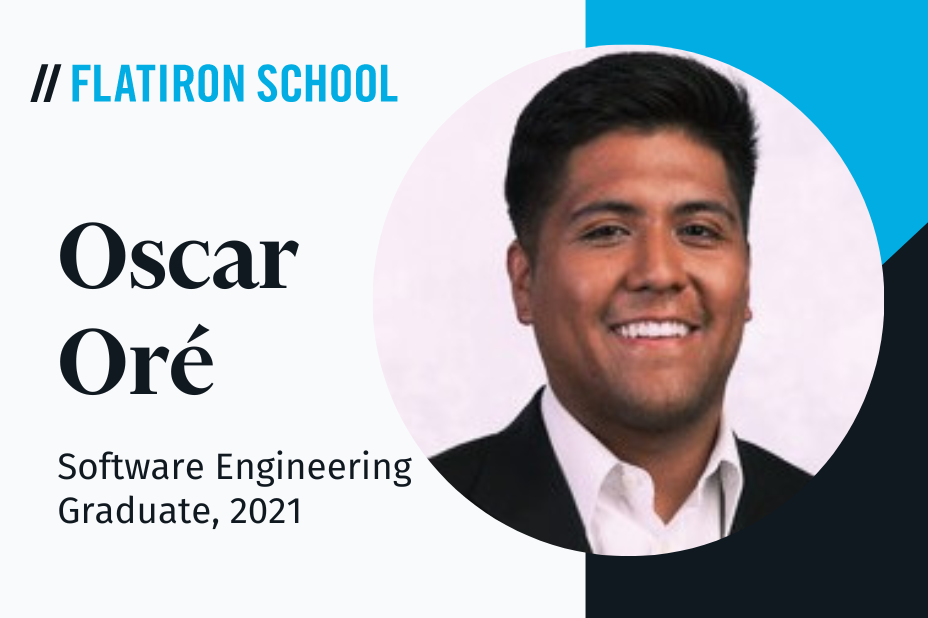Matthew Thomas-Wicher, a March 2020 UX Design graduate*, spent 5 years pursuing a career in law before dropping everything to pursue design.
He shares his journey from law to UX / UI Product Design below.
Pivoting From A Path To Law
Matthew Thomas-Wicher graduated from college with a Bachelor’s in Political Science and a minor in Pre-Law. Followed by an internship in the U.S. House of Representatives in Washington, D.C., his path toward a career in law seemed clear.
“After [my internship], it just made sense at the time to break into the field before going to law school,” he said. “Unfortunately, after five years working in Corporate Law, I realized that path wasn’t for me.”
In the search for his next career, Matthew didn’t have to go far to settle on tech.
“[My interest in tech] started with coding, and how each project you work on is essentially one big puzzle,” he recalled. “It makes you really think, and I loved each and every challenge presented to me.”
Matthew had previously learned coding during a 6 month in-person course in D.C. and saw Product Design as an opportunity to repurpose those skills.
“I was always interested in Product Design and even tried to incorporate it into my job at the time, combined with a bit of coding knowledge,” he explained. “Product Design, just like code, requires a deep understanding of the problems you are trying to solve and that’s what drew me in. The fundamentals are transferrable, and together, they are very useful.”
Deciding On UX Design
Matthew’s decision to attend a User Experience Design course was based on the positive review of a friend.
“One of my good friends in D.C. went to a [bootcamp] a couple of years before I did, and he had nothing but good things to say,” he said. “He had been successful in the field for some time, and [the bootcamp] was his starting point.”
But, he acknowledged, that switching careers after spending years building experience in a field was daunting.
“To be honest, I felt like I spent so much time in [law], that it would be almost impossible to completely start over,” he recalled.
Despite his doubts, Matthew was committed to changing careers.
“I decided to jump in head first! I quit my full-time job working as a paralegal and moved to Chicago to do the Full-Time UX Immersive Program.”
Spoiler alert for any nervous readers: looking back, Matthew said “it was a great experience.”
His Bootcamp Experience
Matthew enrolled in a full-time User Experience Design course*, committing 40 hours a week to his studies. The grueling schedule, he said, was made easier by the people he learned alongside.
“[My favorite part of the program] was working with so many different people. Everyone there had similar goals, and we all worked together to meet them,” he said. “After spending so much time with everyone, day in and day out, you get pretty close.”
Those new connections also led to additional challenges.
“The most challenging part was working on a team with people who have all different ways of doing things. Having to adapt and learn how to keep the cogs turning was a challenge,” he said. “But after working in the field for several years now, it definitely prepared me for working with multiple stakeholders at various companies.”
Matthew sums up the outcome of his bootcamp experience succinctly:
“At the end of the program, I got a certificate and a bunch of new friends.”
Job Searching During The Pandemic
Matthew graduated in early 2020 right into the emerging COVID-19 pandemic.
“The last two months of our cohort was during the beginning of the 2020 pandemic,” he recalled. “I had low expectations going into the job market.”
Despite entering the market just as the world shut down, Matthew landed his first job quickly.
“I feel like I got pretty lucky with the job search. After I applied to a bunch of places I found a really cool startup based in Chicago that took a chance on me,” he said. “I took on the role of Founding Product Designer at a small seed-funded company that had coincidentally been in the process of moving its headquarters to DC. It was tough. I worked with the company from the beginning, all the way up to their Series-A funding in late 2021.”
Matthew worked at his initial company as a Founding Product Designer at The Demex Group until October 2021 before moving to his next opportunity. As of writing, he is working in a remote role as a Product Designer & Design Strategist at Oportun.
Working In The Field
Three years on from graduation, Matthew is enjoying working in Product Design immensely.
“I absolutely love it! It definitely matches up to the dream, and I am so happy I made the switch. I feel like I look at the world around me and how people interact with technology so differently now.”
Having been in a senior-level design position right after completing his bootcamp, he has quite a few projects that he looks back on with pride, especially those where he got to flex his coding skills.
“Back at my first company … I was a product designer but also a full-stack engineer. For my last task at The Demex Group, I got to take the lead on a huge project which was pretty groundbreaking in the field,” he explained. “I was able to take it through the entire design process and code the entire platform with the help of one other designer. The project ended up being one of the main things that helped them secure their Series-A funding and it was just amazing to see my work out in the wild and watch people interact with it.”
To see Matthew’s work, visit his portfolio.
Reflecting On His Journey
Looking back at where his journey into Product Design began, Matthew’s takeaway is that of inclusivity and keeping oneself open to differing perspectives.
“In this field, you work with many diverse groups of people. These could be the users who you are building for or the stakeholders who you work with at whichever company,” he said. “Different styles of working, understanding, communicating, etc. Having that experience at [the bootcamp], working with so many different thinkers was a bit frustrating at first, but looking back, it prepared me so much for my career.”
His advice for other students getting ready to enter the workforce is a single word: network.
“My biggest piece of advice is to network. There are tech events all over no matter where you end up taking your program. I landed my first contract role at the same time I got my first job in the field, just by networking at an event and getting referred to someone.”
As for how he thinks of his bootcamp experience almost three years on, Matthew is all positivity.
“It was such a great experience.”
Ready For A Change, Just Like Matthew Thomas-Wicher?
Apply Now to join other career changers in a design program that will set your portfolio apart from the competition.
Not ready to apply? Try out our Free UX / UI Product Design Prep. Or, review the Product Design Syllabus for the full list of skills you’ll learn to prepare you to launch your next career.
Read more stories about grads who have successfully changed careers on the Flatiron School blog.
*Featured student was a graduate of Designation Labs, which was acquired by Flatiron School. The User Experience Design course is no longer available. Visit the Product Design Course page to learn more.
